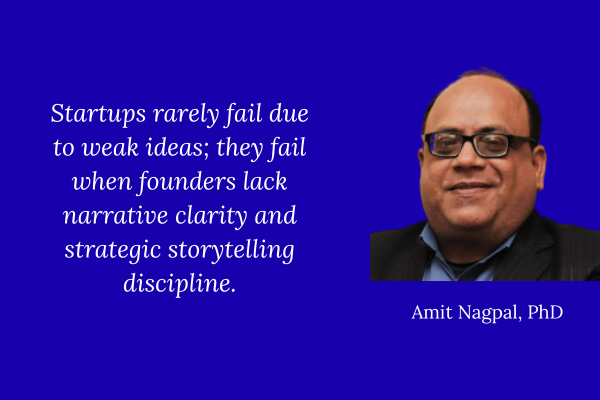Artificial Intelligence (AI) is revolutionizing industries, creating a plethora of new job roles across healthcare, finance, retail, and more. Let’s explore some of these emerging roles, the essential skills required, and the educational pathways that can lead to a successful AI career.
Watch the video: Exploring AI Careers: Emerging Job Roles, Essential Skills, and Educational Pathways
Exploring the Opportunities
The opportunities in AI are vast and varied. Here are some key roles:
- Machine Learning Engineers: Develop algorithms that enable machines to learn from data and make decisions. Their work involves data structures, optimization techniques, and programming languages.
- Data Scientists: Analyze and interpret complex datasets to uncover patterns and insights. They excel in statistical analysis, data visualization, and data-driven problem-solving.
- AI Researchers: Push the boundaries of AI technology, working on cutting-edge projects to solve challenging problems, from new learning algorithms to understanding human cognition.
- NLP Specialists: Focus on Natural Language Processing to enable machines to understand, interpret, and generate human language, improving applications like chatbots, language translation, and sentiment analysis.
Essential Skills for AI Careers
Success in AI roles requires a combination of technical and soft skills:
- Technical Skills: Proficiency in programming languages like Python and R, understanding algorithms and data structures, experience with machine learning frameworks (TensorFlow, PyTorch), and knowledge of big data technologies (Hadoop, Spark).
- Soft Skills: Problem-solving, critical thinking, creativity, and effective communication are crucial for tackling complex challenges and working in teams.
Educational Pathways
A degree in computer science, data science, or a related field provides a solid foundation. Many universities offer specialized AI programs at the bachelor’s, master’s, and doctoral levels. Additionally, numerous online courses and certifications are available:
- Online Courses: Platforms like Coursera, edX, and Udacity offer AI-related courses designed by top universities and industry leaders.
- Certifications: Credentials from Google, Microsoft, and IBM validate expertise and enhance employability.
Advanced Fields in AI
Specialized areas within AI, such as Computer Vision and Robotics, require additional training:
- Computer Vision: Focuses on enabling machines to interpret visual data.
- Robotics: Combines AI with engineering to create intelligent, autonomous machines.
Specialized courses from institutions like Stanford and MIT, as well as online platforms, offer advanced training in these fields.
Recommended Courses and Certifications
- Machine Learning: Stanford’s Machine Learning course by Andrew Ng (Coursera).
- Deep Learning: Deep Learning Specialization by deeplearning.ai (Coursera).
- Data Science: Data Science Professional Certificate by Harvard University (edX).
- Natural Language Processing: NLP Specialization by deeplearning.ai (Coursera).
- Certifications: Google’s Professional Machine Learning Engineer, Microsoft’s AI Engineer Associate, IBM’s AI Enterprise Workflow Certification.
Embrace the Future of AI
AI is reshaping the future of work, creating new job roles and opportunities. By developing the right skills and pursuing the appropriate educational pathways, you can position yourself at the forefront of this exciting field. Stay curious, keep learning, and embrace the future of technology.
Explore. Learn. Succeed.
Author Profile
Latest entries
 Business2 January 2026Rungta Tea Marks 24 Years with 92% Distributor Retention, Outlines Ambitious Expansion
Business2 January 2026Rungta Tea Marks 24 Years with 92% Distributor Retention, Outlines Ambitious Expansion Business18 October 2025Start Your Drone Business: Aquiline Drones Franchise Program for Veterans
Business18 October 2025Start Your Drone Business: Aquiline Drones Franchise Program for Veterans Doing business3 June 2025India’s Q-Commerce Growth Underscores Market-Driven Innovation: Siddharth Shankar
Doing business3 June 2025India’s Q-Commerce Growth Underscores Market-Driven Innovation: Siddharth Shankar Business15 May 2025World MSME Day: A Global Commemoration of Entrepreneurial Vitality
Business15 May 2025World MSME Day: A Global Commemoration of Entrepreneurial Vitality














